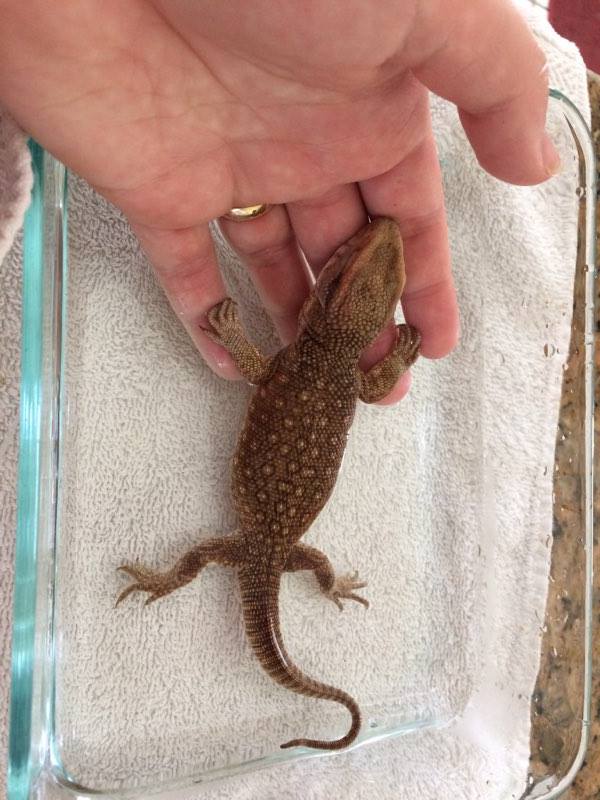Unveiling the Secrets of White Bearded Dragon Poop: What Beginners Need to Know
Unveiling the Secrets of White Bearded Dragon Poop: What Beginners Need to Know
If you’re a beginner in owning a white bearded dragon as a pet, then you might find yourself wondering about their poop. Yes, it’s not the most glamorous topic but it’s an important aspect of caring for your pet to prevent any health problems. In this post, we will be revealing the secrets of white bearded dragon poop and what it can tell you about your pet’s health.
What Does Healthy White Bearded Dragon Poop Look Like?
Healthy white bearded dragon poop should be brown and firm, resembling sausage or a log shape. It should be slightly moist, but not wet or runny. Additionally, it should be free from any blood or mucus, and shouldn’t have a strong odor. As a beginner, it’s important to note what normal poop looks like, so that you can easily notice any changes in your pet’s bowel movements.

What are the Possible Causes of White Bearded Dragon Poop?
White bearded dragon poop can come in several different colors, and each color can indicate a different health problem. Here are some of the possible causes of white bearded dragon poop:
Yellow or Orange Poop
If your white bearded dragon’s poop is yellow or orange in color, then it could be a sign of a problem with their liver or gallbladder. It could also be caused by stress, dehydration, or an unbalanced diet.
Green Poop
Green poop could indicate that your pet is consuming too many greens or vegetables, or has an infection or parasites. You should observe your pet’s behavior as well to check if they’re not feeling well.
Black Poop
Black, tarry poop could be a sign of internal bleeding or a gastrointestinal disease. If your pet’s poop is black, contact your veterinarian immediately as it requires immediate treatment.
How to Maintain Healthy White Bearded Dragon Poop?
To maintain the health of your pet’s bowels, you should monitor their diet and environment. A balanced diet consisting of mealworms, crickets, and fresh vegetables such as kale or collard greens is essential for their wellbeing. Make sure to avoid feeding them food that is high in oxalates, such as spinach, as it can decrease calcium absorption, resulting in excessive smelly poop.
Your pet’s environment should also be kept clean and well-maintained. Their habitat should be cleaned regularly, and their water should be changed daily to avoid any bacteria build-up. Additionally, maintaining their humidity, temperature, and lighting conditions is important as it can have significant impacts on their digestion and urination systems.
Conclusion
As a white bearded dragon pet owner, it’s important to be aware of your pet’s bowel movements and what it can indicate about their current health status. By monitoring their poop, you can prevent any health problems from arising and ensure that they’re leading a happy and healthy life. So, keep an eye out for any changes in their bowel movements, apply the suggestions mentioned above, and contact a veterinarian immediately if you notice any irregularities.
